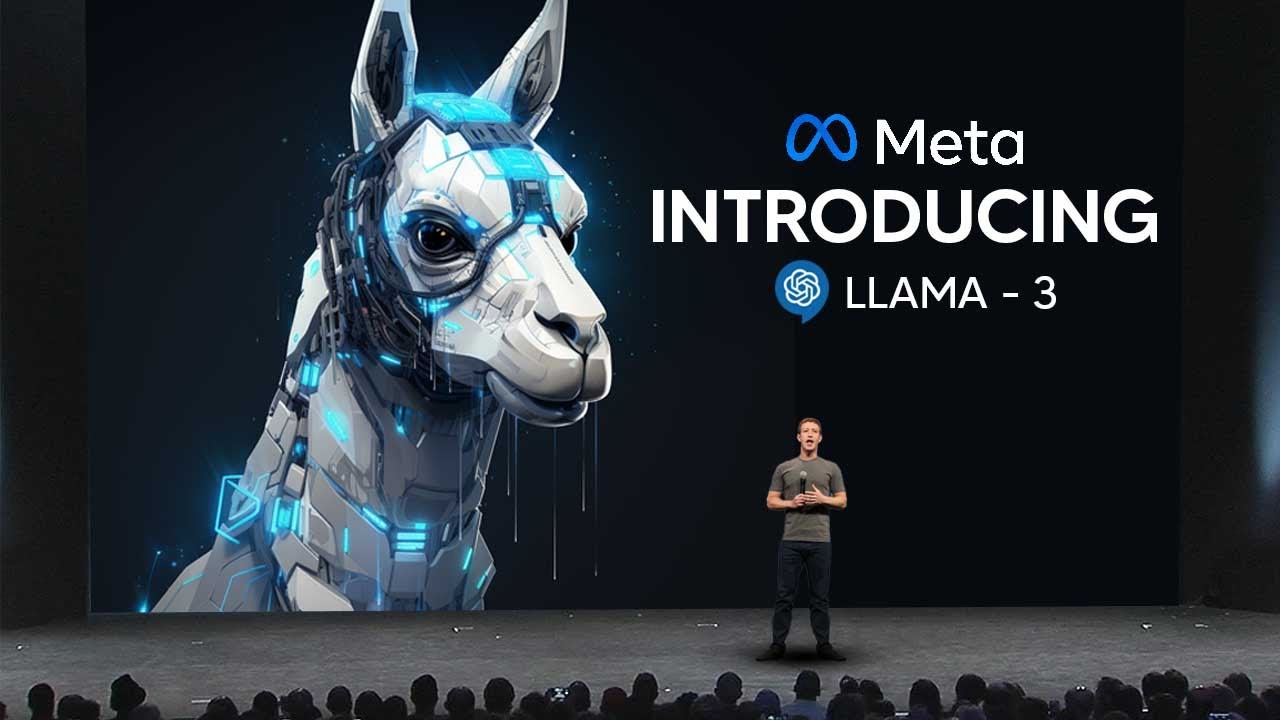Meta has unveiled LLAMA 3, an open-source AI model that excels in question-answering and integrates real-time knowledge from Google and Bing. LLAMA 3 surpasses existing models in performance, with a tokenizer vocabulary of 128,000 tokens and pre-training on a massive dataset, positioning it as a significant advancement in open-source AI technology.
Meta has released the LLAMA 3 model, an open-source AI model that aims to enhance the AI community with new capabilities, particularly in question-answering functionality. Mark Zuckerberg announced the release, stating that Meta AI, powered by LLAMA 3, is now the most intelligent AI assistant available for public use. The model integrates real-time knowledge from Google and Bing, making it easier to access across various Meta apps. LLAMA 3 also introduces unique creation features like animations and high-quality image generation in real-time.
LLAMA 3 showcases impressive benchmark performance, surpassing existing models like Claude Sonic and Gemma, demonstrating Meta’s commitment to innovation and excellence in the AI space. The model’s architecture includes a tokenizer with a vocabulary of 128,000 tokens, leading to enhanced language encoding efficiency and improved performance. LLAMA 3 is pre-trained on a vast dataset of over five trillion tokens collected from publicly available sources, significantly larger than its predecessor, LLAMA 2.
Meta’s LLAMA 3 stands out in human evaluations against state-of-the-art models, showcasing its superiority in various use cases such as coding, creative writing, reasoning, and summarization. The model’s 400 billion-parameter version, still in training, is expected to be on par with GPT-4, marking a significant milestone for open-source AI models. LLAMA 3’s performance excels in comparison to both open-source and closed-source models, showcasing Meta’s advancements in AI technology.
The release of LLAMA 3 not only highlights Meta’s dedication to AI innovation but also signals a shift in the AI landscape, providing developers and researchers with access to a GPT-4 class model in an open-source format. The model’s optimization for real-world scenarios and high-quality training data emphasize Meta’s focus on user-centric AI development. Overall, LLAMA 3’s release has generated excitement within the AI community, offering a glimpse into the future of open-source AI models and their potential impact on various fields like science and healthcare.
